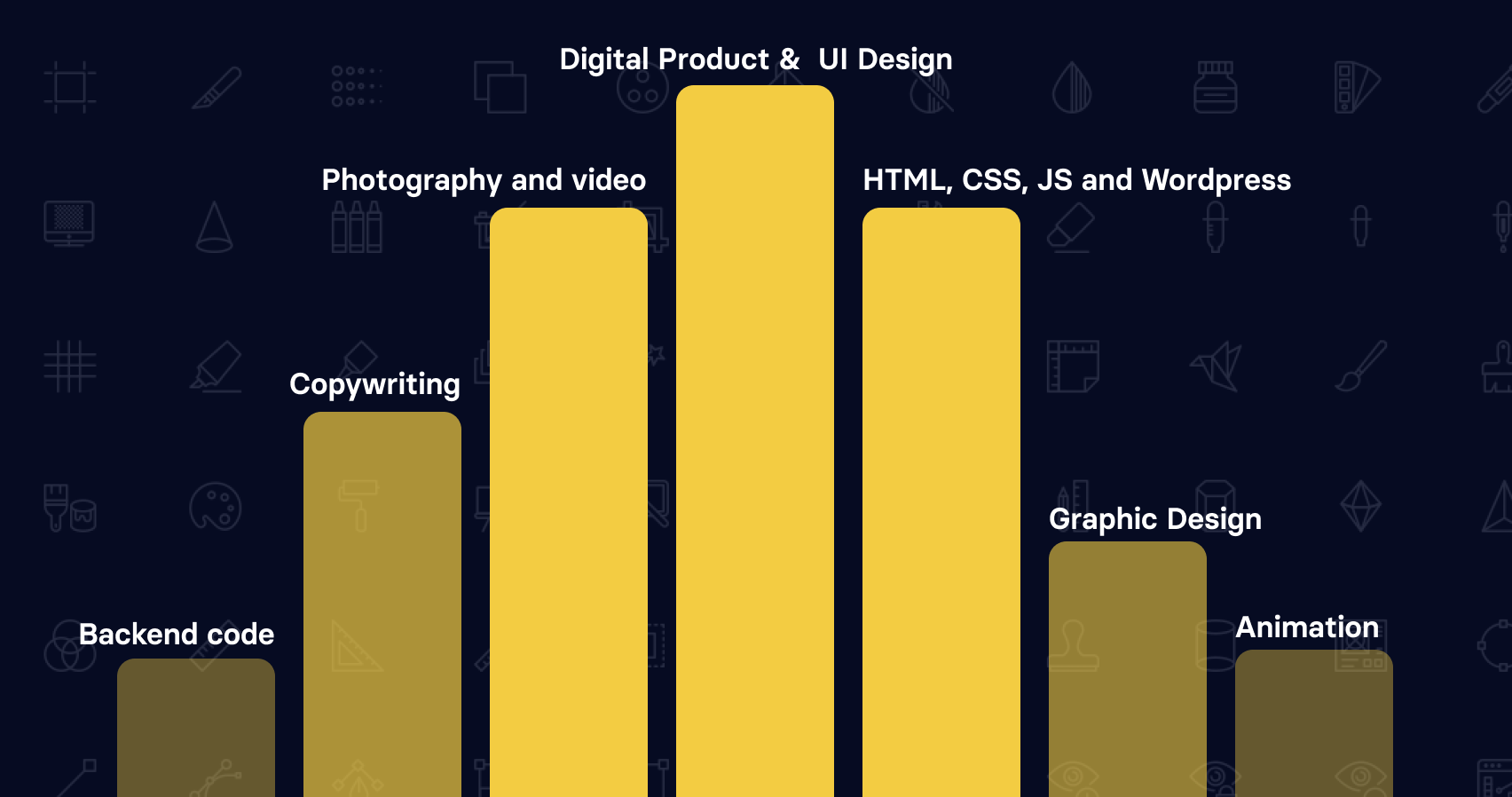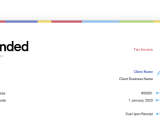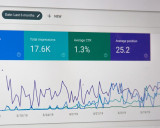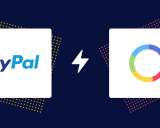
The future belongs to multi-skilled freelancers
Common wisdom sets freelancers down a long path of specialisation; identify a niche, master it, and sell your services as an expert. Is it time to rethink? Does a freelancer with a broader range of capabilities have a better chance of surviving in the future?
Article contents
− +
The generalist vs specialist debate has been raging forever, without consensus. There are staunch advocates on either side, but as time passes the argument is becoming irrelevant. The most valuable freelancers are those who possess both.
Branching out brings many benefits, and with small businesses increasingly taking a lean approach, a freelancer with multiple capabilities brings the most value.
Earn more
It may be true that some specialists can attract a higher hourly rate in a niche field but they're also more likely to face scarcity of work.
Having multiple disciplines under your belt can prop up your income when your bread-and-butter slows. In share trading it's called diversifying your portfolio - if one ship goes down it's reassuring to know you won’t go with it.
During my freelancing career, I'd often experience ebbs and flows throughout the year. If my preferred product design work dried up I knew I'd find a photography gig or churn out a few WordPress templates.
Being able to solve multiple problems reduces the managerial overhead for the client. Dealing with a single, trusted freelancer is better than juggling two or three with their own timeframes and other commitments.
The value here cannot be understated and good clients will have no issue paying an appropriate rate.
Stay ahead
While robots and AI are far from rendering us all obsolete, the rapid pace of innovation is certainly making an impact. Just a short decade ago, jobs that required someone with specialist skills have been eroded by powerful, but approachable software.
Shopify and Squarespace make launching a website or an online store trivial. The noise coming from the “No code” space is becoming hard to ignore. Building sophisticated software without writing a single line of code is on the horizon.
Slick marketing videos and motion graphics can be created with a bit of drag-and-drop while Canva is making “graphic designers” of everyone.
Many creatives will read this with rolling eyes, but we all know social media's insatiable thirst for content has seen standards plummet. What professionals see as poor quality work is (sadly) passable to the eyes of consumers flicking through their social feeds. This style of content is in high demand and is very easy to create.
Big budget projects for high-end brands will likely remain immune to software. There's a level of artistry that’s impossible to translate into a consumable package.
If your invoices aren't being paid large by ad agencies and your clients are beginning to opt for DIY solutions it's time to re-evaluate your skillset.
Is becoming an expert or specialist worth the time?
Malcolm Gladwell famously said it takes 10,000 hours to become an expert in something. Now Gladwell is considerably smarter than I am, but I'm willing to bet it takes a lot less time to become valuable.
Eeking out the last 10% can take longer than the first 90%. Even if you do obtain that level of mastery, how useful is it, and how often? Seriously consider the time and effort. A more practical option may be to reallocate that time into gaining competency in a related field to increase your valuable surface area. If you think being able to code will attract new clients go and spend 200 to 300 hours learning. Will you establish yourself as an authority? Absolutely not, but you'll likely be able to offer solutions to problems that businesses will pay for.
See the bigger picture and stay curious
Having an array of skills and varying experiences to draw from makes connecting dots within a project easier. You can speak to the client in terms they understand rather than specific vernacular relating to one aspect of the project. Even if you are responsible for one single deliverable, the extra feathers in your cap will give you a greater understanding of the tasks others face and will improve your communication.
On top of this, a wider lens brings greater curiosity and insight. You'll be attuned to the developments in multiple industries and be able to see the connections for your current clients and future projects.
The more you know, the more people you can relate to.
Build a pyramid of skills
Becoming multi-skilled does not require God-given talent, it doesn't make you a "unicorn". It just takes dedication and curiosity.
The goal is to add a capability to the left and right of your core competency. You'll be amazed at how often one line of work will refer you additional business with the same client.
The simplest way to look at it is like a pyramid. See an example below. Initially, it may not be a pyramid at all, either wide and shallow or narrow and deep. Choosing where to dedicate your precious time can be tricky. The sweet spot is an intersection of your own personal interest and value to your clients.

Thankfully we live in a time where resources to improve yourself are more abundant than ever and often won’t hurt your hip pocket.
Recently I’ve been devouring this series on learning the Python programming language. The quality of instruction is amazing. Many commenters prefer his content over their university lectures! Thanks, YouTube and Corey Schafer.
The nature of freelancing and small business is changing rapidly. Take the opportunity to fly in the face of convention as the future belongs to multi-skilled freelancers.
Contents
Join newsletter
ABOUT ROUNDED
Invoicing and accounting software for sole traders. Get paid faster and relax at tax time.
























